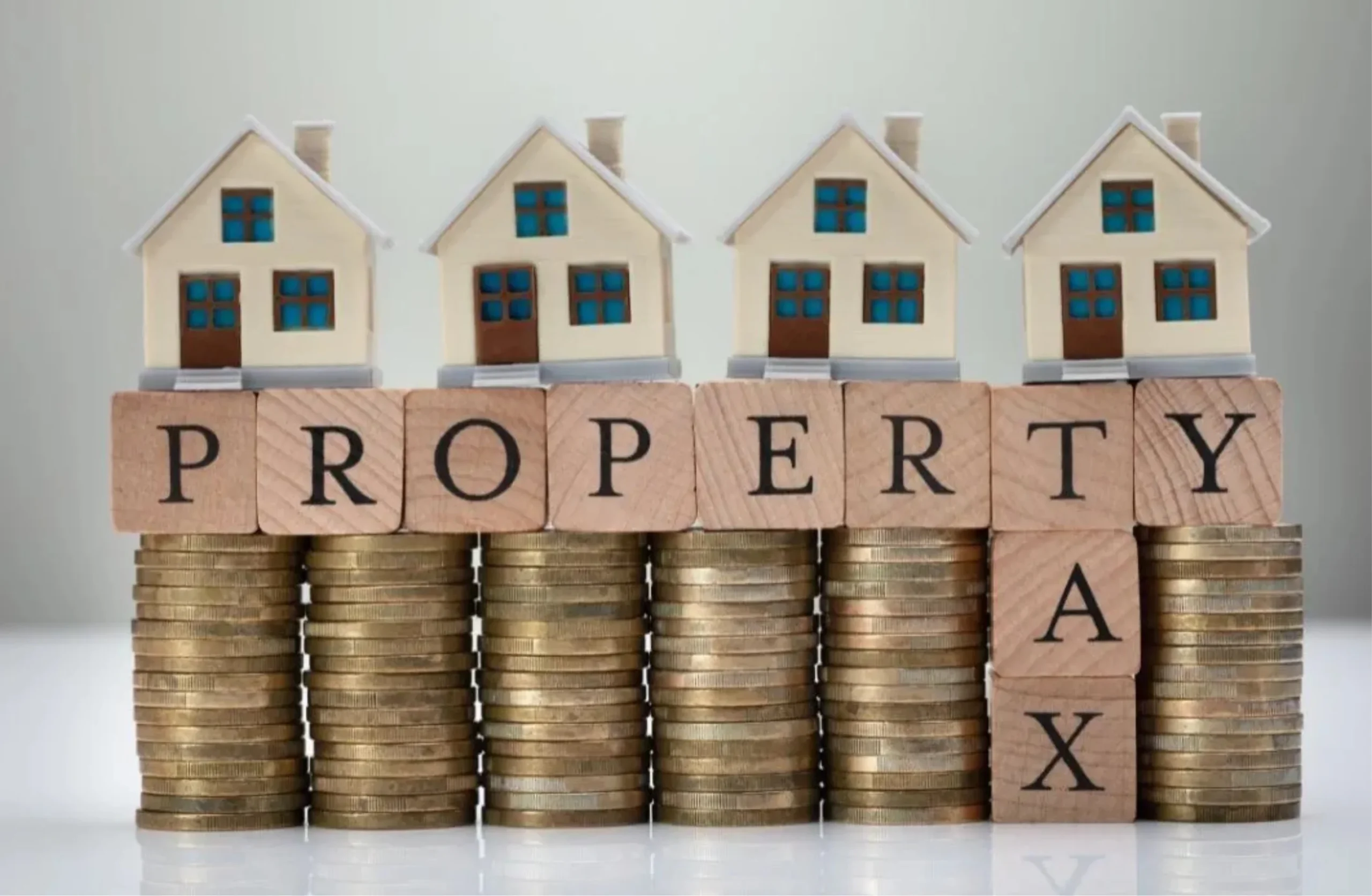Islamabad, Jan 11: The Punjab government has rolled out a revised property tax system that has ended the long-standing exemption for five-marla residential houses across the province. The move is part of the government’s efforts to increase revenue collection and expand the tax base.
Under the new property tax regulations, tax will now be levied based on the property valuation, which is determined by the deputy commissioners in the province, commonly known as the Property DC rates. This replaces the previous system where property tax was calculated based on the area measurement, with a tax exemption granted for houses measuring up to five marlas.
With the introduction of this system, residential properties valued at Rs 5 million or above will now be subject to property tax. However, properties valued below Rs 5 million will continue to remain exempt from taxation, ensuring relief for those in lower-valued homes.
Read More: FBR Mulls Reducing Withholding Tax and Revisiting 5% FED for First-Time Homebuyers
The new system aims to bring more properties under the tax net, thereby helping the Punjab government boost its revenue stream. By adjusting the tax system according to property valuations rather than size, authorities believe that the reform will lead to a more efficient and equitable distribution of taxes.
The introduction of the new tax framework is expected to have a significant impact, especially on those who own properties with a valuation exceeding Rs 5 million. These property owners will now be required to pay tax based on the value of their homes, which will be assessed in line with the Property DC rates. The tax will be collected by the Punjab Excise and Taxation Department, which is responsible for enforcing the system across the province. The revised system is part of broader efforts to modernize the province’s tax infrastructure and increase the contribution of the real estate sector to public finances.
The new property tax system is expected to provide a much-needed boost to the provincial government’s revenue. By broadening the tax base, the government aims to fund public services and development projects. The increased revenue from the property tax is also likely to contribute to the Punjab government’s long-term fiscal planning. As this new system rolls out, property owners in Punjab will need to stay informed about property valuations and the applicable tax rates to ensure compliance and avoid penalties.









